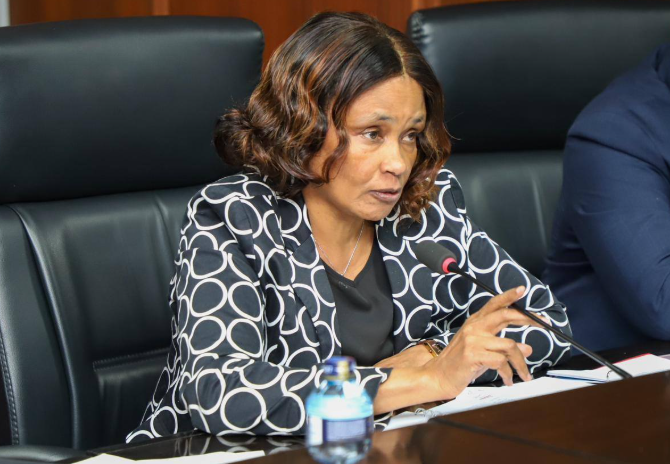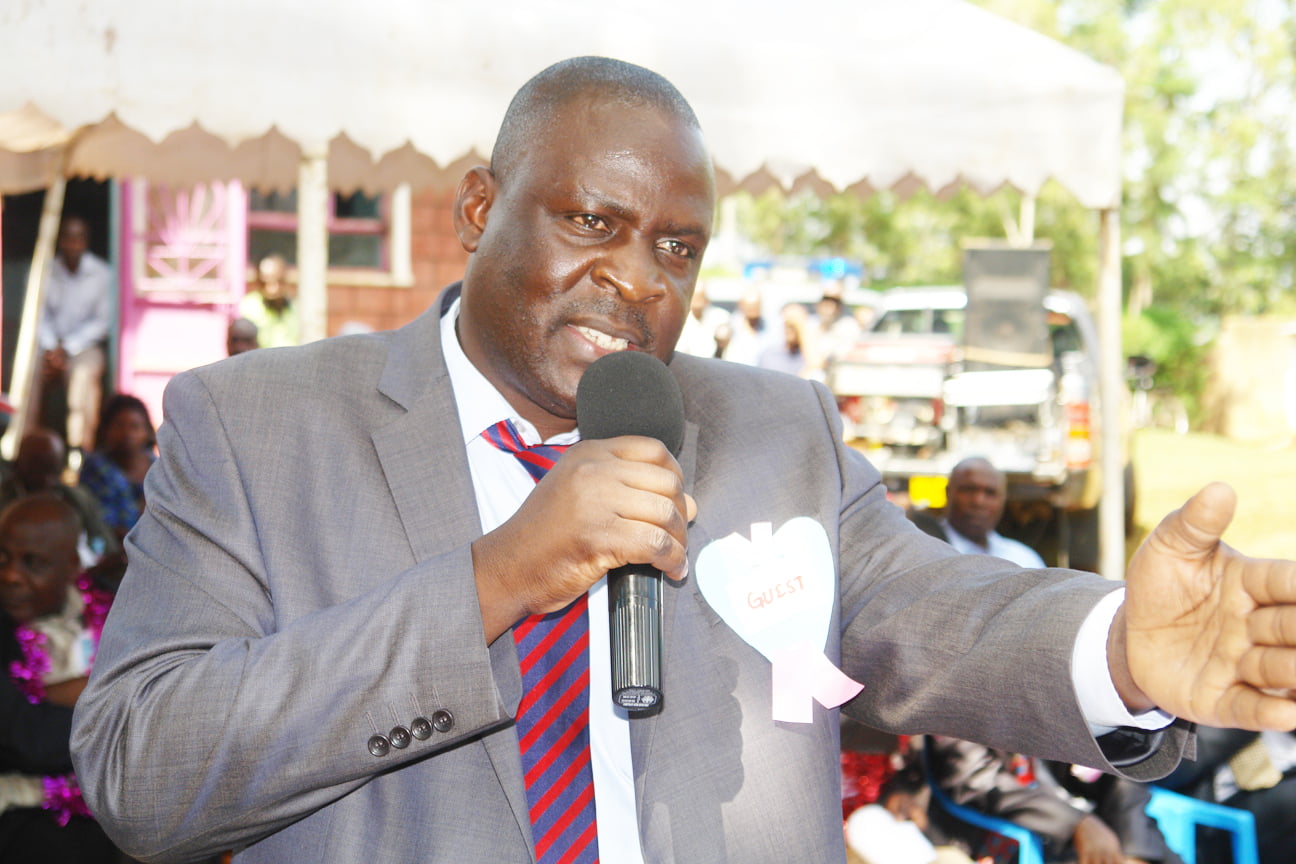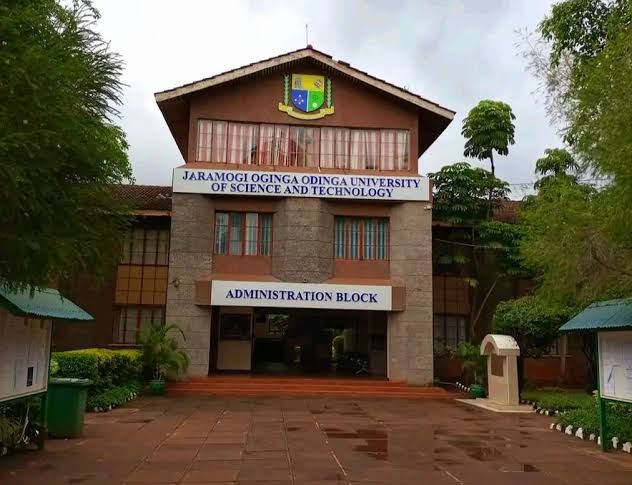By John Majau
The Kenya National Qualifications Authority (KNQA) has accredited the Meru National Polytechnic to develop courses, offer examinations and award certificates.
Technical and Vocational Education and Training (TVET) PS Dr Esther Muoria said the move makes the institution the first TVET institution in the country to be awarded the accreditation.
The institution will be allowed to develop curriculum for various courses according to needs of the job market, administer examinations and award certificates because the Qualification Awarding Institution (QAI) certification is equivalent to a university charter.
“Meru Poly now becomes the first TVET institution in the country to be awarded the accreditation. By becoming a certificate awarding institution it means they are going to develop curriculum, administer exams including practicals and award certificates. This is important for us because it means we are now going to award certificates for courses that we are sure students have gone through practical training and assessment,” said Dr Muoria.
She said the Chief Principal will mentor regional institutions and give guidance on the relevant courses to be undertaken so that they are able to respond to the needs of the job market.
The PS noted that Kisii National Polytechnic, Kenya Coast National Polytechnic and Nyeri National Polytechnic are the other institutions in the process of being certified.
Dr Muoria was speaking during the awarding of the accreditation while accompanied by KNQA Chief Executive Officer Dr Alice Kande and the authority Chair Ms Rosemary Njogu.
The Meru National polytechnic Principal Mr Anderson Mutembei said the institution has already developed Competency Based Education and Training (CBET) programmes to address concerns over the mismatch between training and the industry needs.
He noted that CBET is an internationally recognized training methodology that delivers technical education focusing on specific industry needs.
“The trainees have an advantage because industry players are involved and we will ensure that we train people who fit the job market. We have already developed curriculum for several courses that we will start implementing, including Gypsum Installation Artisan, Water Treatment and Recycling Technology and Concrete Reinforcement Technology among other courses,” said Mr Mutembei.
He said that through trainings they will solve real-life problems in the country by offering skill-based, hands on training in accordance to occupational standards.
Dr Kande said the process of the accreditation was a rigorous exercise and required a lot of input from the institution during assessment.
“The qualification is globally competitive which means that those who graduate after undergoing training will be able to obtain jobs in any part of the world because the training meets the requirement of global industry needs,” she said.






